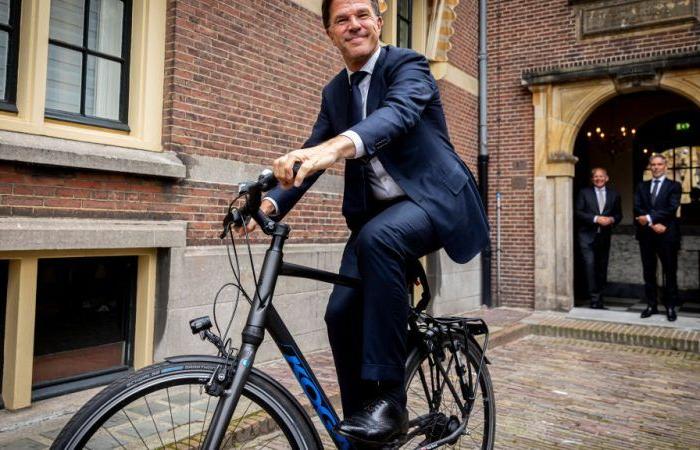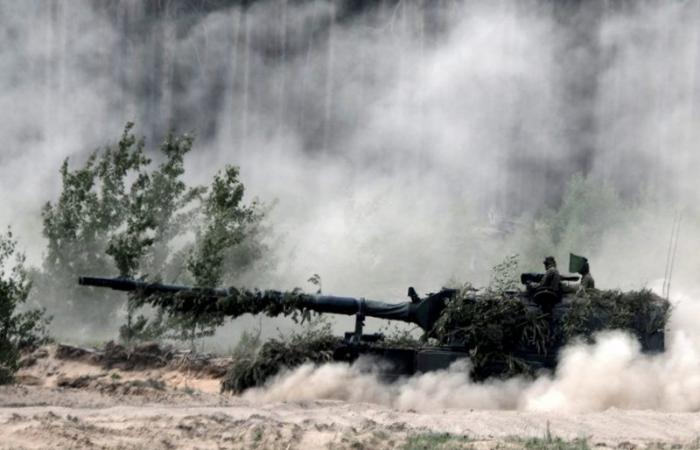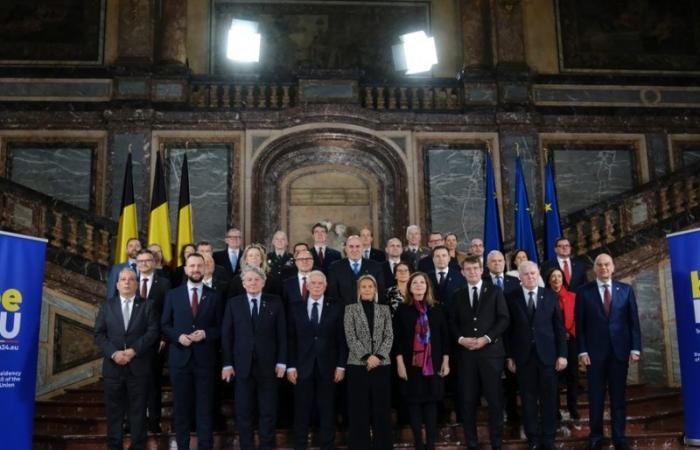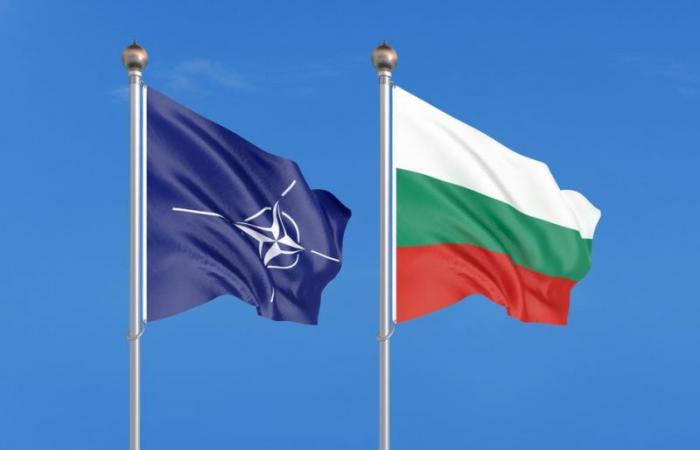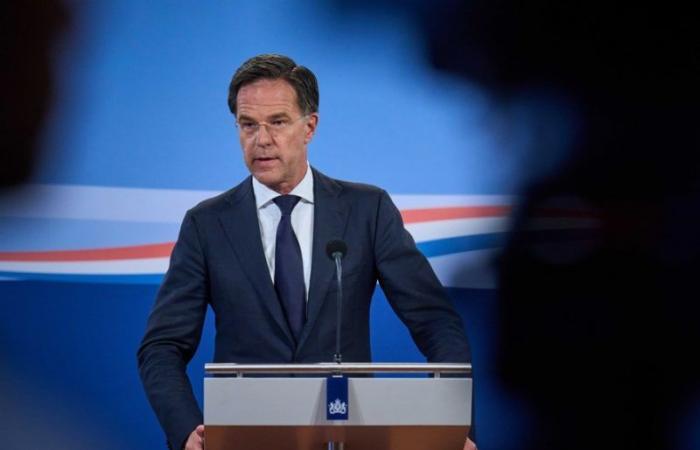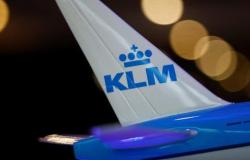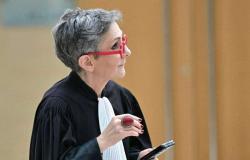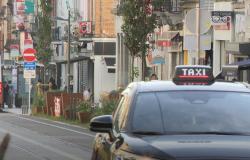The Dutchman Mark Rutte takes office as Secretary General of the North Atlantic Treaty Organization (NATO) this Tuesday, October 1, and although his first five tasks are clear and without surprises, they will not be easy to carry out.
After a decade spent under the leadership of Norwegian Jens Stoltenberg, the Western military alliance was entrusted to Mark Rutte, recognized for his ability to find consensus even in the storm.
NATO diplomats say Mark Rutte, Prime Minister of the Netherlands for 13 years, should “do more, but differently”.
No major review of NATO’s mission is expected during his term, but the new secretary general will need to ensure that the transition is smooth and almost invisible to the untrained eye, as continuity is a concern major for all allies.
Several NATO diplomats told Euractiv that a change in leadership would have an impact on the internal workings of the alliance, but that tasks would remain unchanged.
Finding funds and weapons for Ukraine
Mark Rutte’s first task will be to maintain support for Ukraine despite doubts expressed within the ranks of the alliance, whether from Hungary, which refuses to provide any lethal support, or from the United States. United States and Germany, who doubt the possibility of the country becoming a member of the EU.
He will also have to deal with growing uncertainty over Ukraine’s possible victory and the shape of peace negotiations.
To succeed, he will have to encourage NATO members to continue providing aid to the Ukrainian armed forces — 40 billion euros promised this year — as well as more training. If it fails, the task of coordinating the military alliance will become obsolete, a NATO diplomat told Euractiv.
“Ukraine will be the first test for Mark Rutte”tells Euractiv Oana Lungescu, distinguished member of the Royal United Services Institute (RUSI) and former NATO spokesperson.
“Winter is approaching; we see Russia continuing its brutal attacks on energy infrastructure and civilians; There is also more talk about possible peace talks, so the alliance’s focus will remain on ensuring that support for Ukraine is as strong as possible when it sits down for negotiations.”she added.
NATO studies ways to prepare for war
NATO’s new defense plans, which require record military spending, will be discussed at a meeting of allied leaders on Wednesday (10 July) to discuss ways to increase the Alliance’s defense capabilities .
Money at the root of many debates
In the coming months, money spent on Ukraine and the alliance’s defense equipment, troops and industry will dominate the political scene.
Mark Rutte, however, stressed that increased defense spending should not depend on who wins the hearts of the US electorate, including former US Republican President Donald Trump, who is hostile to NATO.
“We should stop complaining and whining about [Donald] Trump […] We have to work with whoever is on the dance floor.”the former Dutch Prime Minister told world leaders in February, before being named head of the alliance.
Fairly sharing the financial burden is a delicate subject for military allies, who are used to seeing the United States foot the bill.
In addition to the interest in pleasing Washington and security concerns, Eastern Europeans continue to push their neighbors to devote a minimum of 3% of their GDP to defense. They are counting on the NATO summit in The Hague next summer for the other allies to sign a new commitment that goes beyond the current 2%.
NATO’s military command has warned that a lack of liquidity could compromise the implementation of defense and deterrence plans in the cyber, land, space, air and maritime domains.
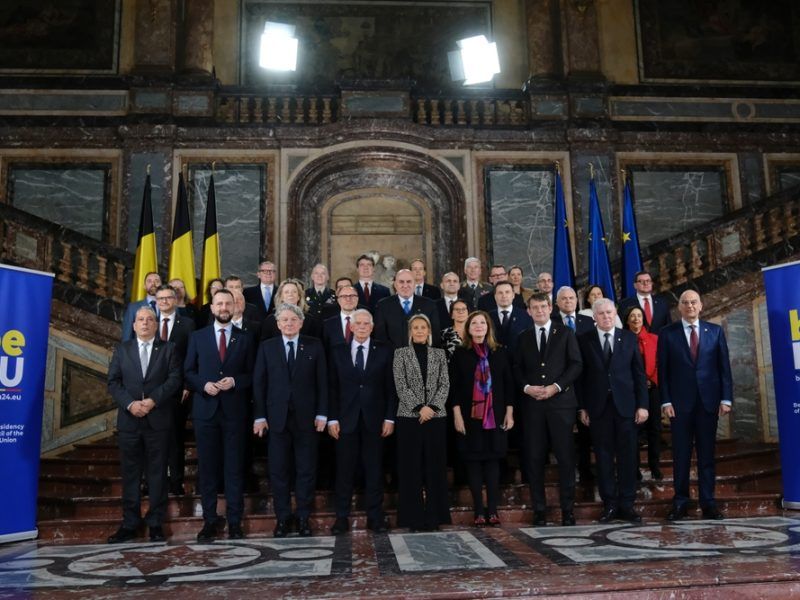
NATO’s role vis-à-vis China
Spending discussions will be crucial to keeping the United States engaged in collective security as it closely monitors not only Europe but also China’s behavior.
Since Beijing has emerged as a challenge, NATO members have carefully considered the security implications of China’s actions in Europe and North America.
Whether NATO should play a greater role in examining Beijing’s role within the military alliance — whether it be investments, disinformation or potential threats to critical infrastructure — will also depend on the extent to which the United States can shape the agenda according to its preferences.
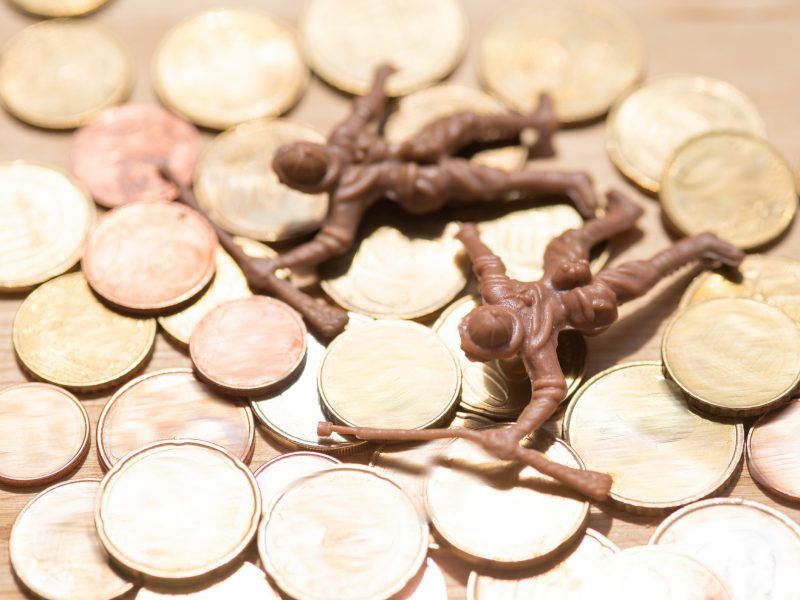
What is the common position on Russia?
At the Washington summit in July, leaders gave Mark Rutte a key task: defining the relationship with Russia by next summer.
This controversial mission is expected to highlight the differences between the extreme positions of the Baltic countries and the eastern flank, on the one hand, and Hungary and Turkey, on the other.
While the former want to make a clean sweep of the past and cancel the NATO-Russia founding act on mutual relations, signed in 1997, the latter want to wait for a peace agreement in Ukraine before negotiating a new unilateral position.
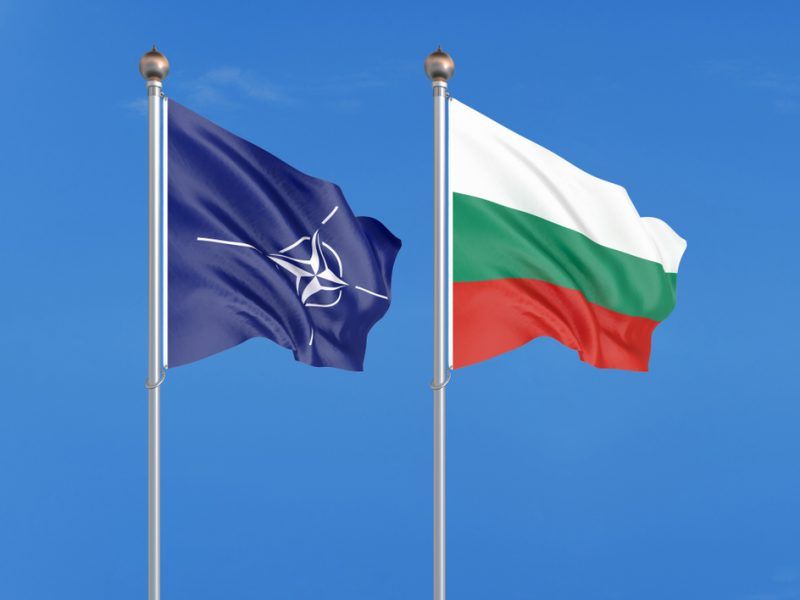
Avoiding duplication between the EU and NATO
Although he is at the head of the military alliance, Mark Rutte must not forget that the European Union has recently been given a more important role in the security and defense of the continent, particularly when it It’s about increasing industry production and investing in innovation.
Difficult relations between Turkey and Cyprus, both of which are members of one or the other organization, have allowed NATO and the EU to develop joint strategies. A cooperation for this was, for example, put in place to protect critical infrastructure.
However, with the EU now occupying a larger role in defense, duplication is a concern for members of both organizations.
“We must be together and not create competing structures that overlap and duplicate NATO”warned Jens Stoltenberg earlier this month, during one of his last public appearances as secretary general.
His replacement was also chosen, among other things, because he comes from a country that is both a member of NATO and the EU. Europeans, and in particular France, hope that this will facilitate relations, increase cooperation on similar subjects and avoid misunderstandings.
“I think we will try to see what can be concretely achieved for the security of Europe”says former spokesperson Oana Lungescu.
She mentions in particular “EU support for national purchases of equipment needed to implement NATO defense plans, increased EU funding for military mobility and closer cooperation on training of Ukrainian forces.
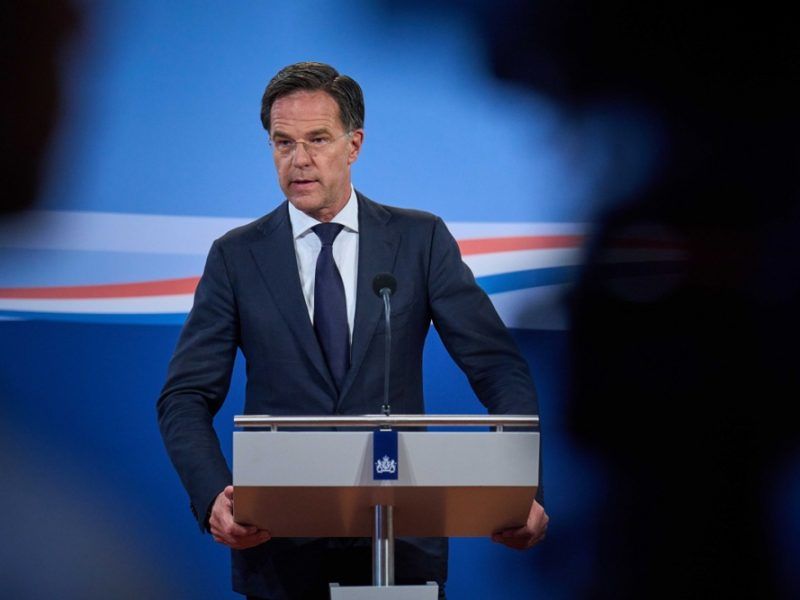
[Édité par Anna Martino]

